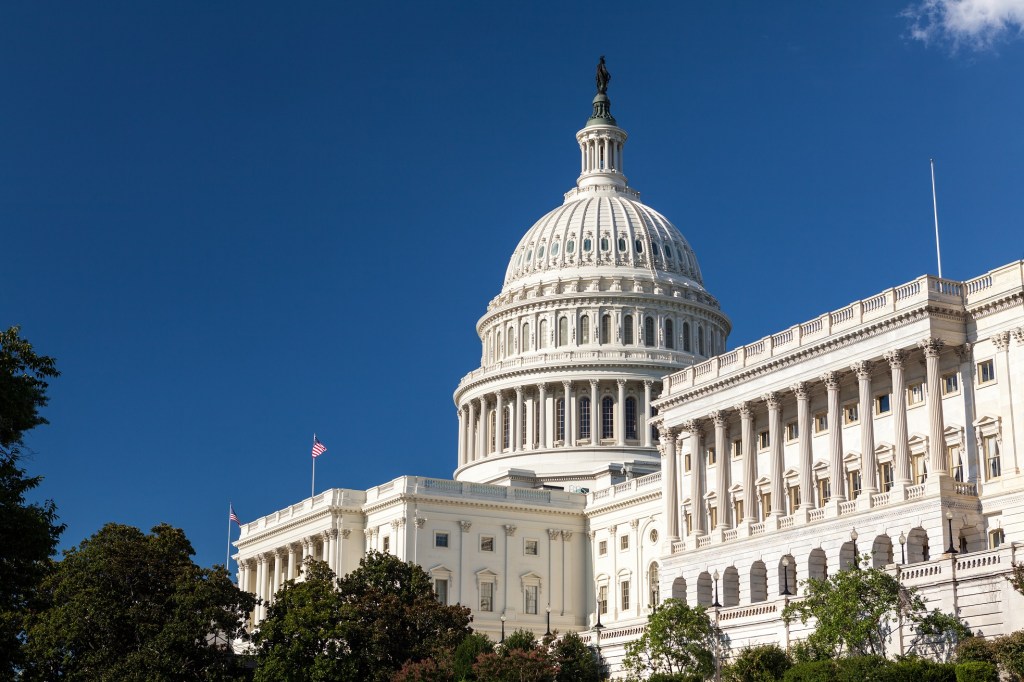The House of Representatives’ recently approved Energy and Water Development and Related Agencies Appropriation Act provided a legislative win in three key areas for the housing industry, according to the NAHB.
The spending bill provided additional clarity on transformers, the waters of the United States (WOTUS), and energy codes, three issues that have been top areas of concern for the NAHB in the past year.
The approved bill contains language to defund efforts by the Department of Energy (DOE) to increase energy-efficiency standards on distribution transformers. The DOE proposed a rule to increase efficiency standards for transformers by a tenth of a percentage point, a rule the NAHB stated would “further exacerbate the dearth of transformers that is raising housing costs.”
Supply chain issues with transformers have resulted in thousands of completed homes sitting empty.
In addition to the language included in the Energy and Water Development and Related Agencies Appropriations Act, the House Energy and Commerce Subcommittee on Energy, Climate, and Grid also recently approved legislation that will help ease the shortage of distribution transformers, according to the NAHB. The Protecting America’s Distribution Transformer Supply Chain Act would repeal the DOE’s authority to propose, finalize, implement, administer, or enforce any energy-efficiency standard for distribution transformers for the next five years.
The appropriations bill also included language to address the Biden administration’s 2023 WOTUS rule, withholding funding for the original rule. Following the Supreme Court’s ruling against the Environmental Protection Agency in Sackett v EPA, the EPA issued an amended WOTUS rule. However, the NAHB said the amended rule still represented a significant challenge to housing affordability due to vague definitions that could result in delays during the permitting process and regulatory confusion for builders. The NAHB says the move to withhold funding is important as it continues to work with lawmakers and federal agencies to “achieve predictable WOTUS guidelines that will significantly hasten the home construction pipeline.”
The appropriations bill also defunds a section of the Inflation Reduction Act that would provide $1 billion to support the efforts of state and local governments to adopt updated energy codes. The NAHB views the updated codes as “costly and restrictive” for builders.
“This measure acts as another legislative vehicle to help advance this key energy codes provision through both chambers of Congress,” NAHB said of the defunding of the Inflation Reduction Act.



